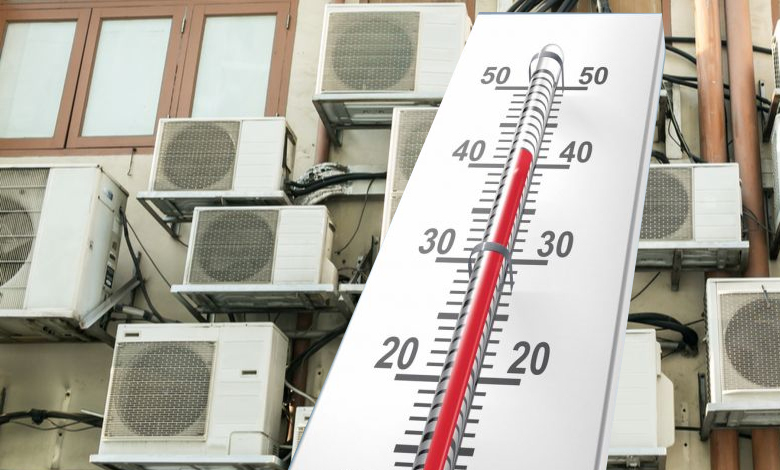Taking key measures to reduce the power consumption of cooling equipment is expected to slash at least 60% predicted 2050 sectoral emissions, take the pressure off energy grids, provide universal access to life-saving cooling and save trillions of dollars by 2050.
The Global Cooling Watch report published during the COP28 Summit in Dubai has laid out sustainable cooling measures in three areas: passive cooling, higher energy-efficiency standards, and a faster phase down of climate-warming refrigerants.
Global Cooling Pledge In Focus. What Is It?
The UAE climate talks is set to conclude on December 12. Following the measures outlined in these three areas is expected to deliver the 60% cuts and adding rapid power grid decarbonisation is expected to reduce the predicted 2050 sectoral emissions by 96%.
The report is released in support of the Global Cooling Pledge, a joint initiative between the Emirates as host of the Summit and the UN Environment Programme-led Cool Coalition. More than 60 countries signed up to the Pledge on Tuesday.
“As temperatures rise, it is critical that we work together to improve energy efficiency and reduce emissions from the cooling sector while increasing access to sustainable cooling,” said Sultan Al Jaber, COP28 President and UAE Minister of Industry and Advanced Technology.
Population and income growth, urbanisation and climate change are increasing cooling demand across the globe. But roughly 1.2 billion people in Africa and Asia lack access to cooling services, putting lives at risk, driving food waste, and hindering vaccine access.
“Fortunately, The Solutions Are Available Today”
Following the report’s recommendations is expected to allow an additional 3.5 billion people to benefit from cooling services by 2050, reduce electricity bills for end users by $1 trillion in 2050 and avoid power generation investments in the order of $4 to $5 trillion.
Read More: UAE Banks Federation Pledge $272 Billion For Sustainable Financing
Inger Andersen, Executive Director of UNEP, said: “The cooling sector must grow to protect everyone … But this growth must not come at the cost of the energy transition and more intense climate impacts … Fortunately, the solutions are available today.”






















